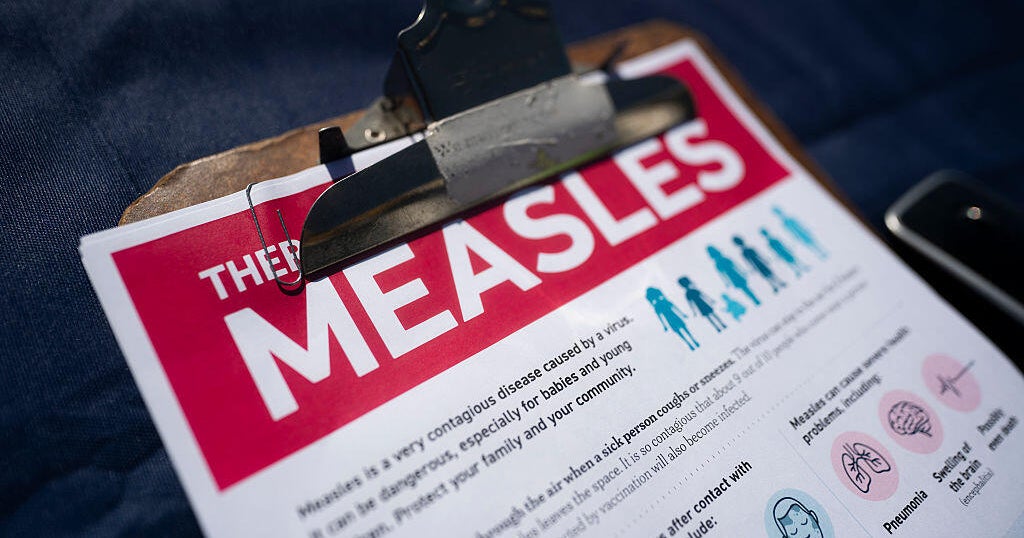Should retirees downsize or use home equity to access cash? What experts say
Over the last few years, the Federal Reserve has raised — and then paused — its benchmark rate at a 23-year high to fight inflation. As a result, borrowing costs on everything from auto loans to credit cards and home loans remain relatively high. But while today's home equity loan and home equity line of credit (HELOC) rates are comparatively high (the average rates are close to 9% currently), they are still lower than many other types of debt like credit cards and personal loans. As a result, many homeowners — who now have an average equity of about $299,000 in their homes — have decided to tap their home's equity instead of borrowing from other options.
Borrowing against equity can be a smart choice. After all, using home equity to consolidate debt can help you save on interest, and there could be certain tax benefits if you're using the funds for things like home improvements. Tapping your home equity for home improvement projects or repairs may also help you increase your home's value.
However, it might not be the right choice for retirees, who are typically on a fixed income and may have trouble repaying a home equity loan. In turn, it could make more sense for retirees to weigh whether it makes more sense to downsize instead of borrowing against their equity.
Want to tap into your home's equity? Explore today's best home equity borrowing options online now.
Should retirees downsize or use home equity to access cash? What experts say
Whether retirees should downsize or use home equity to access cash is a decision that depends on many personal and financial factors, according to many of the experts we spoke with. Here are some scenarios where one or the other may make more sense.
When it might make sense for retirees to downsize to access cash
Downsizing in retirement could be the best choice if you want to free up a significant amount of cash. But that's not the only reason you may want to downsize instead of tap into your home's equity during retirement.
For example, downsizing could be the better choice if you're doing it because the current house you own requires too much maintenance or it is no longer comfortable to live in, says Herman (Tommy) Thompson, Jr., CFP, a financial planner at Innovative Financial Group.
Or, downsizing might be the ideal choice if you're looking to reduce your household expenses. That's because doing so can significantly reduce various living expenses, including utilities, maintenance and property taxes, says Leslie H. Tayne, Esq, founder and head attorney at Tayne Law Group, P.C., a debt relief firm based in New York.
Find out how affordable the right home equity borrowing option could be here.
When it might make sense for retirees to tap their home's equity to access cash
If you prefer to stay in your home because you're emotionally attached to it — or want to pass down the home to your heirs — tapping your home's equity with a home equity loan or a HELOC could make more sense than downsizing, experts say.
After all, tapping the equity in your current home allows you to stay put and provides access to cash without needing to move, Tayne says.
However, it's important to keep in mind that borrowing against your home's equity will increase your debt.
"And since interest rates are now high, doing so will require a high cost to take money out of your home, which isn't ideal in retirement," Tayne adds.
That said, borrowing from your home's equity in retirement to access cash could still make sense, as long as you have a plan to repay the loan. Otherwise, it might not be worth the risk. That's because a home equity loan or HELOC is considered a second mortgage, and defaulting on your payments could lead to the lender foreclosing on your home.
How to decide between downsizing and equity tapping
When deciding whether to downsize or tap your home's equity, experts say you should also consider the current housing market.
"Right now, it's a tough market to buy in. Sellers are finding it easy to sell houses over asking, but that can change quickly," says Tayne.
Tayne recommends that you factor in current interest rates. "Low interest rates make borrowing against home equity more attractive, while high rates make it less so, and the same with buying," says Tayne.
"Downsizing could make more sense in this seller's market. In a seller's market with high home values, downsizing can yield substantial profits, making it an attractive option," says Ohan Kayikchyan, a certified financial planner and founder of Ohan The Money Doctor.
Home equity and downsizing alternatives to consider
While downsizing or tapping your home's equity can provide the cash you need for retirement, these aren't the only options to consider. Two common alternatives include working part-time or strategically drawing from your retirement accounts, says Kayikchyan.
Strategizing withdrawals from individual retirement accounts (IRAs) and 401(k)s to minimize tax impact and ensure a steady income could make sense, for example, Kayikchyan says — which is something a financial advisor could help with.
Other ways to reduce your expenses or increase income include sharing space with another senior or renting out an empty room in your home, says Tayne.
The bottom line
Ultimately, the decision to downsize or borrow against home equity should be based on a thorough evaluation of your personal and financial goals, market conditions, and potential costs, says Tyler Meyer, certified financial planner and founder of RetireToAbundance.com. A financial advisor can help you figure out which choice, if any, is ideal based on your unique financial situation and goals. Meyer says advisors can also help you determine whether it makes more sense to consider alternative ways of accessing cash in retirement, like selling other assets besides your home, adjusting your investment portfolio or picking up a part-time gig.




